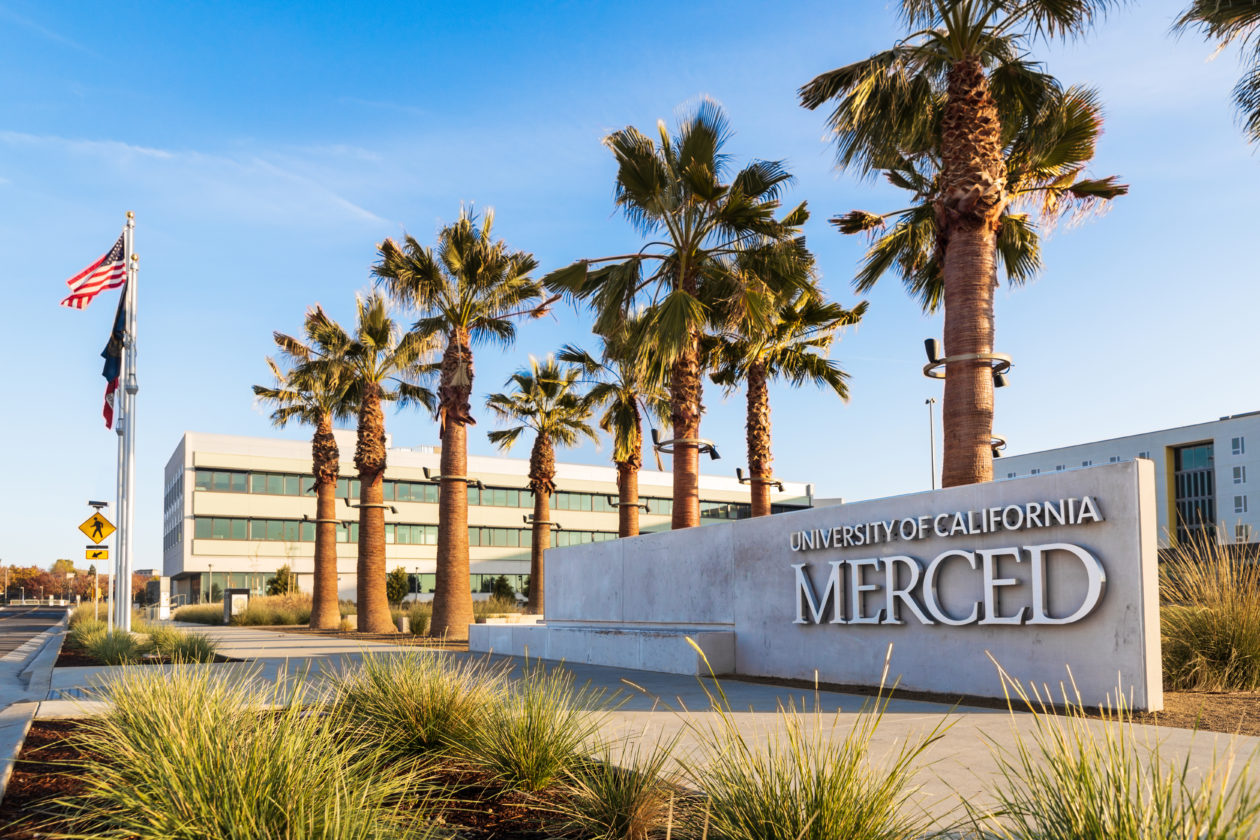by Robin DeLugan
Ed Lanfranco, a graduate student in the World Cultures Graduate Group and a 2013-2014 Center for the Humanities Graduate Fellow, shared his intellectual journey to design and frame a particular research project concerning the pro-Democracy movement in China—centered on the events surrounding the June 4, 1989 Tiananmen Square, Beijing protest—which next year will reach a 25-year anniversary. Ed has a unique connection to this particular history because between 1988-2009 he lived in China. While still a relative newcomer, he directly experienced the June 4, 1989 events—one of the most visible contemporary uprisings of citizens against the Chinese government. The government of China sent tanks and troops to restore order. The brutal dispersion resulted in death and injury. The world at large learned about efforts to squash China’s pro-democracy movement; meanwhile the Chinese government enforced a national ban on information about the event and its aftermath. Ed, acting much as an ethnographer in the field, collected flyers, posters and other ephemera surrounding “June 4.” Ed is researching official efforts within the People’s Republic of China to efface the 1989 Pro-Democracy Movement. While desiring to write the history of 1989, the topic of the past in the present is central to his project. When Ed inquires, “…are the Chinese aspirations in 1989 Beijing dead and gone, best forgotten there and by outsiders?”, he draws attention to the 25 years that have since transpired. The dynamics on the ground in China and elsewhere invite an examination of official silences; memories and counter-memories; and the forgetting that can surrounding the politics of the past.
Ed is responding to the milestone of the 25th anniversary of the events at Tiananmen Square through a series of activities that will bring scholarly and public attention to China’s past. In addition to writing the history of 1989, Ed plans to develop the following: a UC Merced Kolligian Library exhibition “89@25”, a book for popular audiences, and a digital archive of the memorabilia he collected while in China. He also plans to travel in California and engage the pubic about the anniversary.
As a scholar who studies the role of academicians in memory work, in particular in memory work that challenges official silence about state violence and as someone who sees herself as one protagonist among others in the historical struggle for inclusion, human rights, and social justice, I pose to Ed the following questions:
a) To what extent do academics figure in your research?
b) What role do you see for yourself as a memory catalyst?
c) Beyond academicians, have you identified other collaborators or interlocutors inside or outside of China that are committed to commemorating the 25th anniversary?
d) Are there networked domestic or international efforts taking place?
e) Lastly, have you identified other collections or archives pertaining to 1989 that can be compared or contrasted with your own personal archives?
Ed’s research interests complement my own and I will look forward to learning more about this important and unique project as it continues to develop. Important to the research will be what next year’s 25th anniversary commemorations reveal about memory and nation; about states and citizens; about memory and democracy; about China’s post-democracy aspirations; and about the global interest in this important anniversary.
